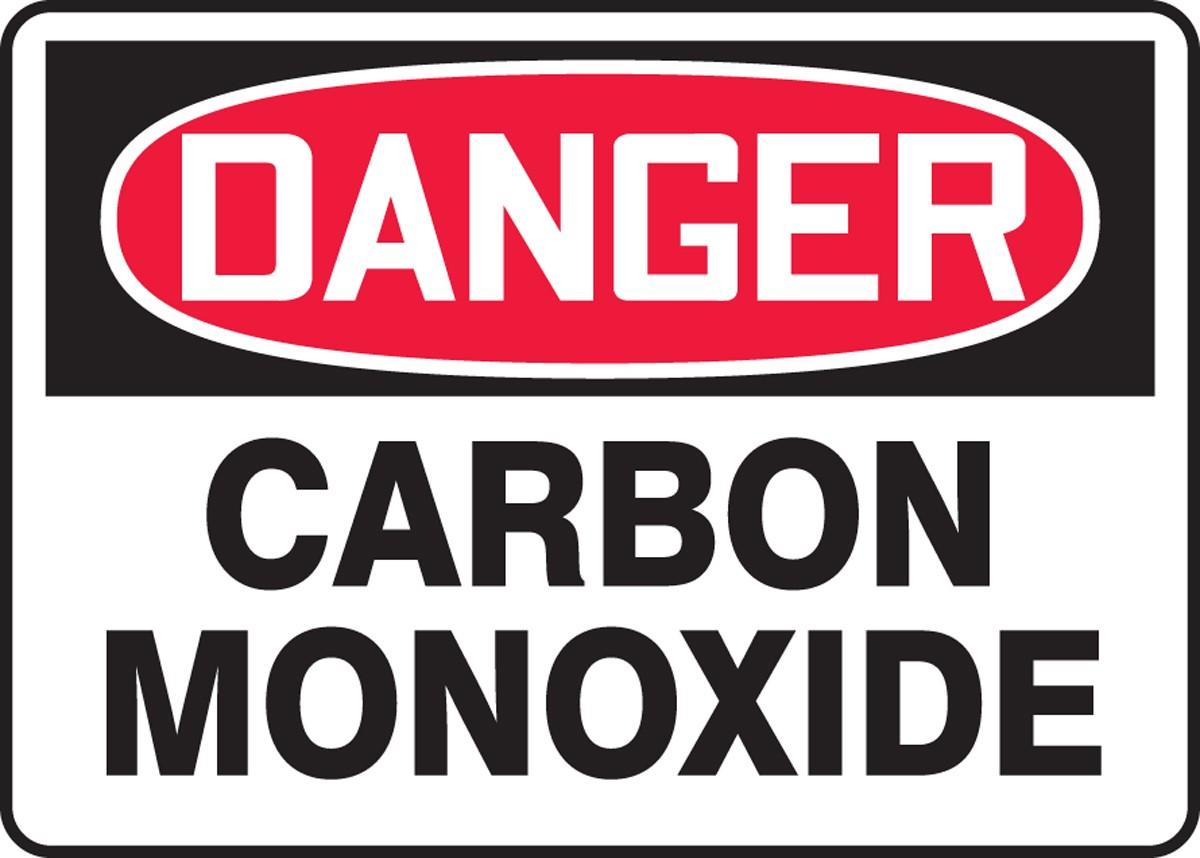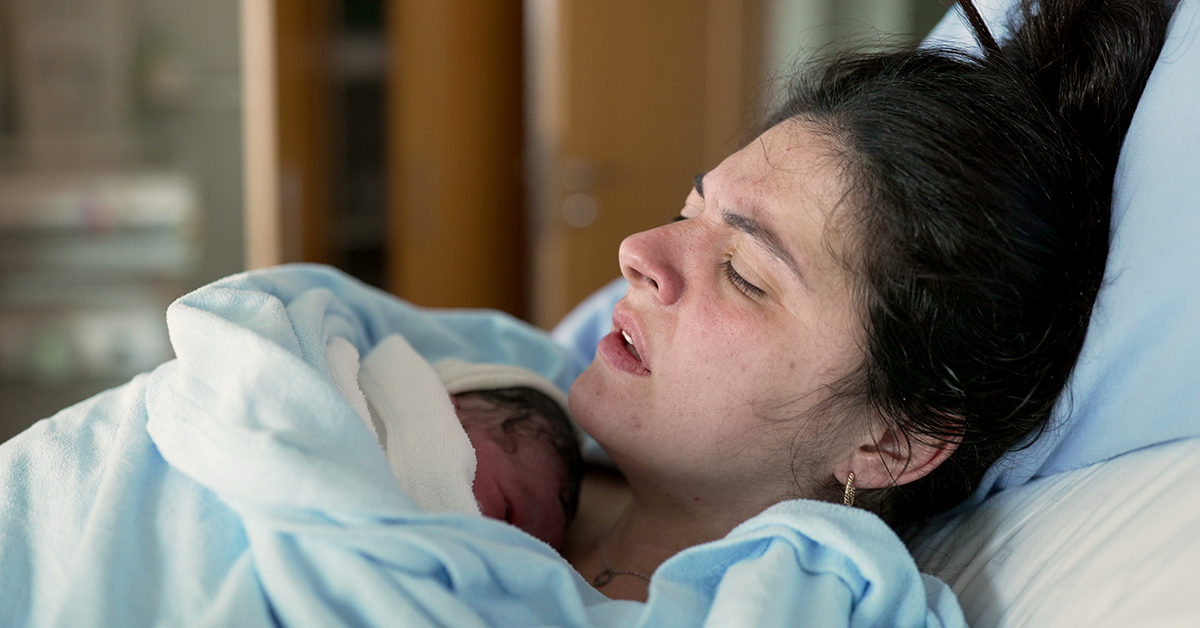On April 1, 2017, a carbon monoxide leak at the Quality Inn & Suites in Niles, Michigan resulted in the death of a child. Bryan Watts, age 13, was one of fourteen individuals injured by a carbon monoxide leak in the pool area of the hotel. Eight of these individuals were also children who were at the hotel for a birthday party.
At about 10 AM on Saturday morning, the leak was reported to Niles City Fire. First responders found a high level of carbon monoxide in the pool area of the hotel, and lower levels in other areas. Some first responders also required treatment after exposure to the leak. According to Niles Police, the highest level recorded was 800 parts per million. An inspection by Niles City Fire’s mechanical engineer revealed that the cause of the leak was a pool heater with improper ventilation. The Watts family alleges that the hotel improperly maintained the pool heater, and hope that they can bring awareness about the dangers of carbon monoxide to the public and the legislature.
This tragic incident is only one of many similar incidents occurring this year. According to the CDC, over 400 people die each year from unintentional carbon monoxide poisoning and 20,000 seek treatment at emergency centers. Carbon monoxide is a colorless, odorless, tasteless toxic gas produced by incomplete combustion in fuel-burning devices. The symptoms of carbon monoxide poisoning- headache, vomiting, nausea, dizziness, or confusion- can often be overlooked or ignored. If left untreated, carbon monoxide poisoning can result in serious injury or death within a few hours or even minutes. Anyone can be at risk for carbon monoxide poisoning, especially infants, the elderly, and people with chronic heart disease, anemia, or breathing problems.
Carbon monoxide poisoning can be prevented with a few precautionary steps. The CDC recommends installing a battery-operated CO detector in your home, and checking or replacing the battery every spring and fall. Detectors should be placed where you will be awoken should the alarm be triggered, such as outside your bedroom. Every building’s heating system, water heater, and any other gas, oil, or coal burning appliances should be serviced by a qualified technician every year. All gas appliances should be vented properly, and any generator inside of a building should be 20 or less feet from any window, door or vent.
These simple and life-saving steps can often be overlooked by individuals and companies, resulting in dangerous and potentially fatal exposure to carbon monoxide by unsuspecting individuals. When a property owner or a party in control of a property fails to provide security to make the property safe, the owner or occupier may be held responsible and legally liable for inadequate premises maintenance. In addition, defective products, such as faulty heaters, may be a cause of such tragedies. Some factors leading to poison exposures include lack of training or knowledge, or even some circumstances where property owners recklessly turn a blind eye to known safety issues to cut costs. As indicated, such negligence can result in serious harm or even death to the innocent guests, patrons or residents of the premise.
If you or a loved one has suffered serious injuries due to negligent security measures and would like to speak with a premises liability litigation attorney, contact the law office of Swartz and Swartz, P.C.
We are here to answer your questions and protect your legal rights. Call our Boston, Massachusetts, office at (617) 742-1900, or if you live outside the Boston area, call toll-free at 1-800-545-3732.
Keep Reading
Want more? Here are some other blog posts you might be interested in.




